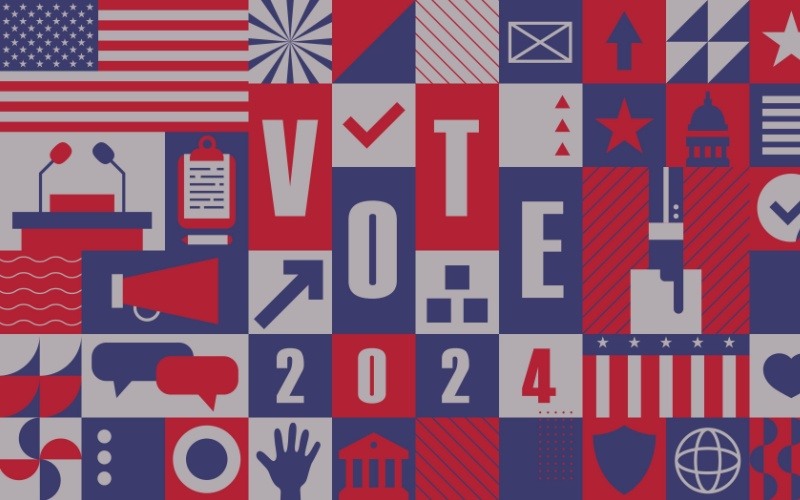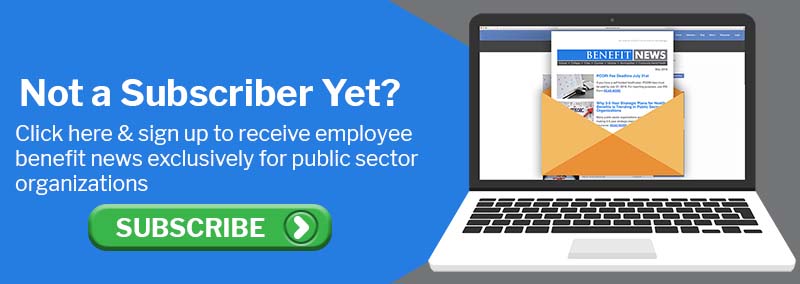3 minute read
With federal, state, and local elections slated for Tuesday, November 5, this year, it’s important for employers to stay informed about the various ways these events can impact the workplace. For instance, some employers must comply with voting leave regulations, and election periods can sometimes trigger behavioral challenges among employees.
As election day nears, proactive employers can get ahead by setting clear expectations for workplace behavior, ensuring compliance with voting leave laws, and boosting employee engagement through thoughtful voting initiatives and strategic communication.
Workplace Conduct
In recent election years, politically charged environments have led to workplace conflicts, including inappropriate behavior, social media activism, free speech disputes, and dress code controversies. With the 2024 election approaching, these challenges may resurface. A well-planned approach can help deter such issues and engage employees during the election cycle.
A recent Glassdoor survey found that 61% of employees have discussed politics with colleagues in the past year. While often well-intentioned, these discussions can cause team friction. Employers can prevent issues by setting clear behavior expectations and complying with laws like the National Labor Relations Act, which protects employees' rights to engage in protected concerted activity. To set clear expectations for behavior, employers may consider revisiting handbook policies regarding code of conduct, social media, and dress code.
These policies, while not specific to elections, set clear expectations for employee behavior. Fair enforcement clarifies acceptable conduct and can include varying dress codes for political expression. Unequal enforcement, however, could create legal risks.
Voting Leave
As election time approaches, employers should be ready to manage employee requests for voting leave. While federal law does not mandate time off for voting, over 30 states have varying provisions that allow it.
The specifics of voting leave laws vary by state, including whether the leave is paid, if notice is required, and if employers can designate voting hours. Employers should know and comply with relevant laws. While not all employers are subject to these laws, many offer voting leave voluntarily, even in states without formal requirements.
Employer Voting Initiatives
Employers can boost voter participation and build goodwill through voting initiatives. A 2021 Civic Responsibility Project report found that 82% of Americans view companies more favorably if they support policies making it easier to vote and register.
Common employee voting initiatives include:
- Providing employees with accurate voting information including resources, deadlines, and locations
- Promoting absentee or early voting and provide relevant resources
- Sending out Election Day communications to employees via email or intranet
- Offering flexibility and resources such as flexible schedules, closing the workplace, reducing work hours, providing transportation to polls, and offering child care resources on Election Day
Employers should carefully evaluate and choose the voting initiatives that best fit their organization. Download the bulletin for more details.
Additional Resources
Voting and Elections in the United States
U.S. Election Assistance Commission

